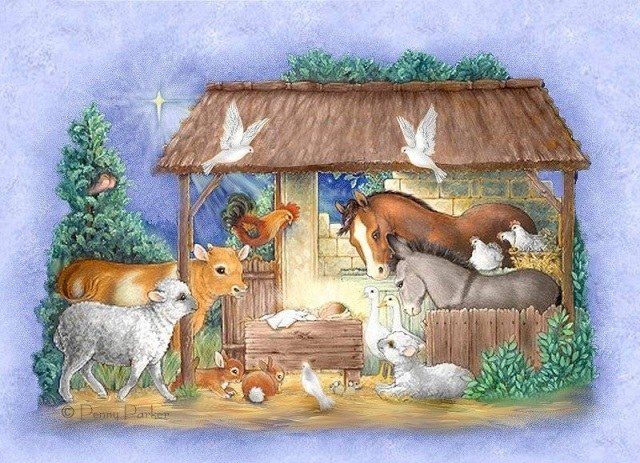The history of the origin of Christmas Eve
The history of the origin of Christmas Eve
Christmas Eve in Russia is called Christmas Eve. On this day the believers are preparing for the great feast, many go to solemn divine services.

History of the origin of the holiday
Greek Catholics, like the Orthodox, celebrate Christmas Eve on January 6.Christmas Eve is called Christmas Eve,which Catholics and Protestants celebrate according to the Gregorian calendar - on December 24, and the Orthodox - according to the Julian calendar, on January 6. The name of the holiday comes from the word "osovo": the so-called grains of wheat, lentils or rice, soaked in seed (walnut, almond, hemp or poppy) juice with honey. In the old days the church charter prescribed this dish for Christmas Eve and on the eve (the eve of the Epiphany) in imitation of the post of the prophet Daniel and the three youths. Christmas Eve ends the forty-day Philippov post before Christmas and is a day of preparation for the holiday. On that day, believers should give up food before the first star appears in the sky. This tradition refers to the legend of the Bethlehem star, heralding the birth of Jesus. However, in the Church's Charter this tradition is absent.
According to Tipikonu, fasting should be done until the end of Vespers.The early Christians of Christmas Eve did not know, and Christmasfor them it was a less meaningful holiday than Easter. The Christmas Eve was set to celebrate in the 4th century. In the period from the 5th to the VIIIth centuries, a number of sacred songs were written, among them the authors should highlight Kozma Mayumsky, John Damascene, Anatoly and Sofroniy of Jerusalem.







